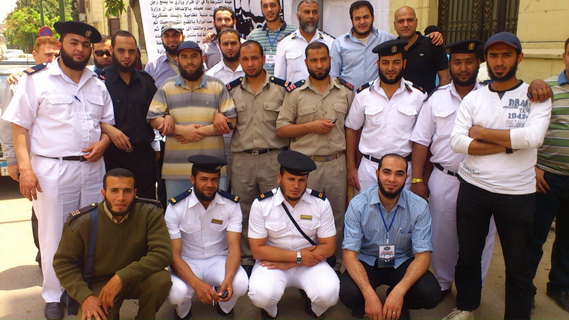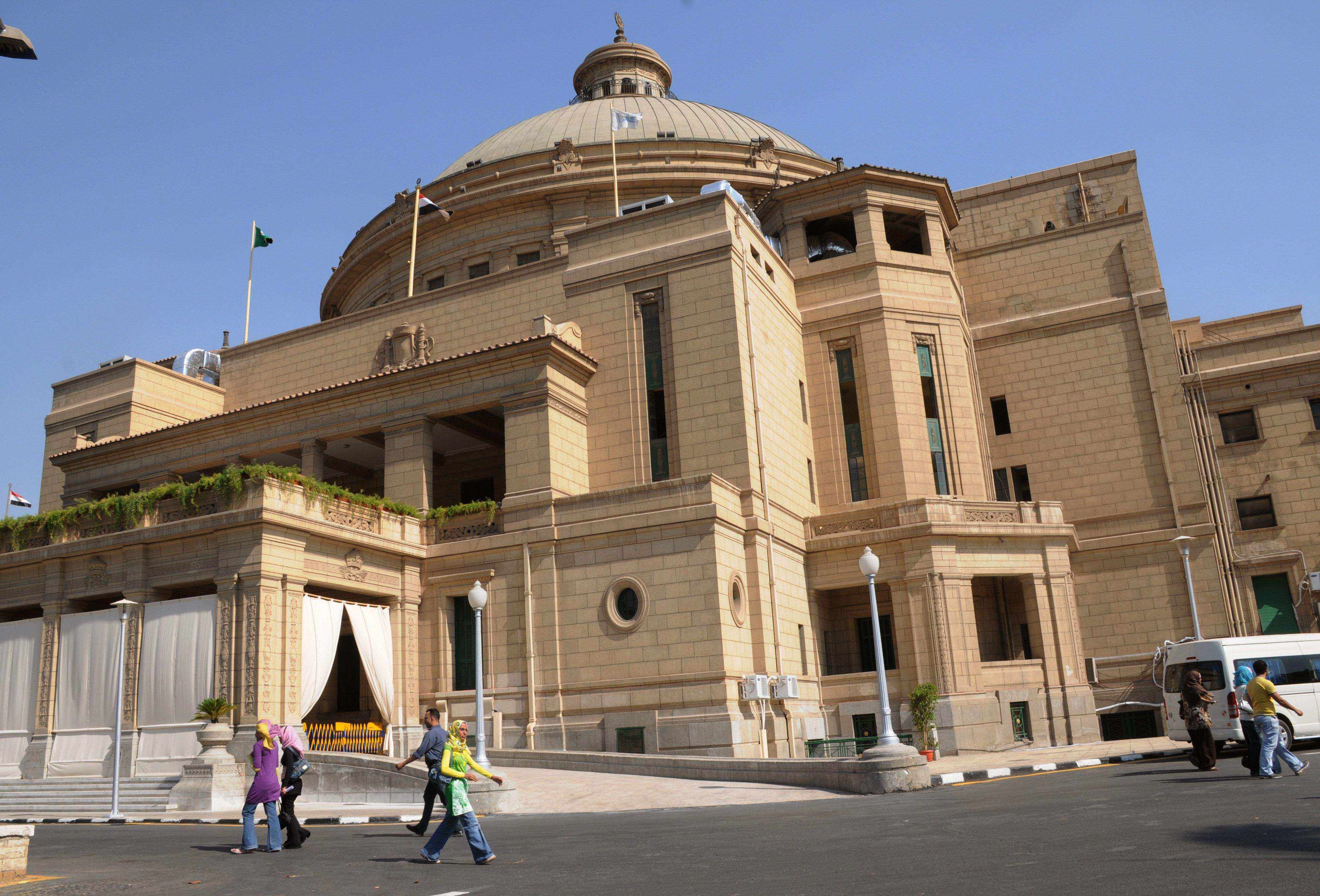Egypt’s Minister of Higher Education and Scientific Research Khaled Abdel Ghaffar highlighted, on Monday, the importance of cooperation between research institutes nationwide.
He noted that the cooperation would advance the country’s scientific research system to achieve its 2030 sustainable development goals (SDGs).
As part of this cooperation, the National Research Center recently signed a cooperation protocol with the Egyptian Environmental Affairs Agency (EEAA). This will work towards preparing the centre for an integrated multi-tasking study to assess the environmental, health, and social situation in the Akarsha district of Qaliubiya Governorate.
The study aims at finding the best environment solutions to develop the Akarsha industrial zone, and link it with road networks.
The protocol was signed by National Research Center Head Mohammed Mahmoud Hashem, and EEAA Head Inas Abu Talib. The signing comes in recognition of the increased risks and negative impacts of industrial activities on the environment.
It is noteworthy that the village of Akarsha includes the largest random industrial zone, in which the number of factories exceeds 400, most of which are related to small and medium industries.
However, these industries continue to use old technologies which increase the environmental pollution in the area, and pose health risks for both workers and the residents of the area.
The EEAA is responsible for setting standards to develop new areas, as well as setting target standards for old areas.


